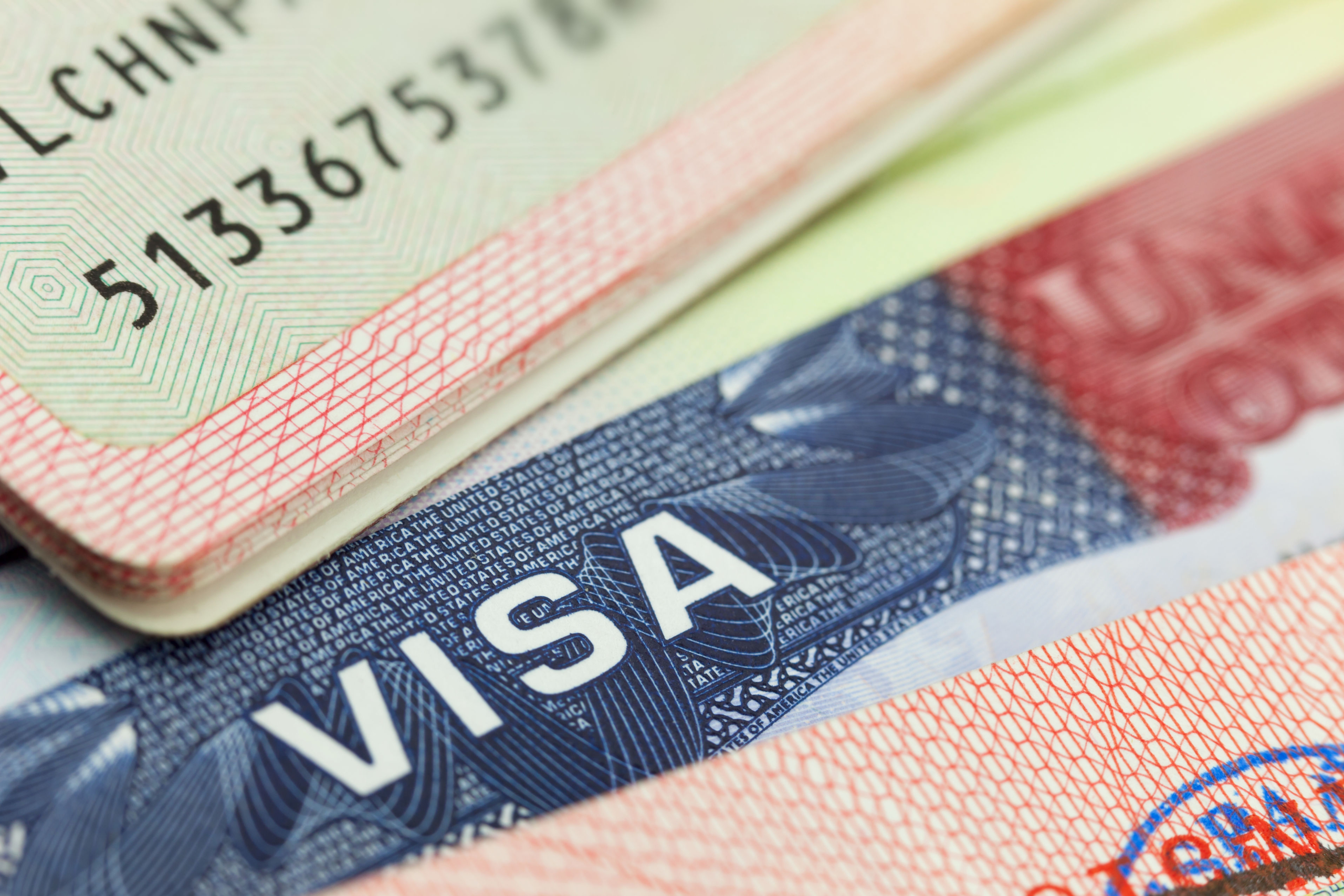How much money do I need for my student visa application?
12/05/2021

The information in this article was correct at the time it was published. If you are reading this at a later date please be sure to check the information on the Gov.uk links or contact studentimmigration@cranfield.ac.uk if you are unsure.
One of the requirements to be granted a student visa to come to the UK is to show you have enough funds for your tuition fees and maintenance fees (living costs) for the first year of your course. The rules are very complicated and many students get confused – this might explain why the most common reason I have seen for having a visa refusal is because the applicant has not been able to show they meet the financial requirement. The first thing to work out is how much money you will need to show.
The visa rules set out a certain amount of money you will need to show each month of your course (up to a maximum of 9 months) for your living costs. If you are studying at Cranfield this is classed as ‘outside London’ and the monthly amount is £1,023. For any family members it will be an additional £680 per month per dependent. This means if you are studying a 12-month Masters course or a 3-year PhD course you will need to show £9,207 for maintenance fees for yourself (£1,023 x 9 months). Additionally, you will need to show you have enough to cover your first year of course tuition fees as set out in your offer letter.
When your CAS is issued to you it will include your tuition fee amount as well as any fees you have already paid to Cranfield (such as your tuition fee deposit). If you have paid some, or all, of your tuition fees before you receive your CAS please check it includes the correct amount. Any scholarship or bursary that you have received from Cranfield should also be shown on the CAS. If you pay further tuition fees after your CAS has been issued please contact our admissions team and ask them to update the amount paid for the purpose of your visa application. Any tuition fees shown as paid on your CAS can be deducted from the amount you need to show separately for your student visa application.
If you have already paid money to Cranfield for your on-campus accommodation then this amount can also be deducted from what you have to show in your visa application but only up to a maximum of £1,334. This amount will not be shown on your CAS from Cranfield so you will need to obtain a receipt as evidence and make sure you submit this with your visa application.
New rules have recently been introduced by the Home Office that mean if you are applying for a student visa in the UK and you have been living in the UK for the last 12 months with a valid visa you will be exempt from having to meet the financial requirement. You will not need to provide any evidence of funds with your visa application if this is the case for you.
The Home Office specify a list of countries that are low risk and if you hold a passport from these countries then you do not need to submit your financial evidence with your visa application. It is important to remember that even if your country is on this list, you still must meet the financial eligibility rules and you should have your documents prepared before you apply for your visa so they are ready to submit if you are requested to provide them. Don’t forget that the Student Immigration and Funding team are here to help with any questions you have. Be sure to get in touch with us if you are unsure on any aspects of these rules. You can email us at studentimmigration@cranfield.ac.uk. Please also read the different ways you can meet the financial requirement and rules for your bank statement before you submit your visa application. Check out our visa application guide which outlines all you need to know for your visa application.
Categories & Tags:
Leave a comment on this post:
You might also like…
Keren Tuv: My Cranfield experience studying Renewable Energy
Hello, my name is Keren, I am from London, UK, and I am studying Renewable Energy MSc. My journey to discovering Cranfield University began when I first decided to return to academia to pursue ...
3D Metal Manufacturing in space: A look into the future
David Rico Sierra, Research Fellow in Additive Manufacturing, was recently involved in an exciting project to manufacture parts using 3D printers in space. Here he reflects on his time working with Airbus in Toulouse… ...
A Legacy of Courage: From India to Britain, Three Generations Find Their Home
My story begins with my grandfather, who plucked up the courage to travel aboard at the age of 22 and start a new life in the UK. I don’t think he would have thought that ...
Cranfield to JLR: mastering mechatronics for a dream career
My name is Jerin Tom, and in 2023 I graduated from Cranfield with an MSc in Automotive Mechatronics. Originally from India, I've always been fascinated by the world of automobiles. Why Cranfield and the ...
Bringing the vision of advanced air mobility closer to reality
Experts at Cranfield University led by Professor Antonios Tsourdos, Head of the Autonomous and Cyber-Physical Systems Centre, are part of the Air Mobility Ecosystem Consortium (AMEC), which aims to demonstrate the commercial and operational ...
Using grey literature in your research: A short guide
As you research and write your thesis, you might come across, or be looking for, ‘grey literature’. This is quite simply material that is either unpublished, or published but not in a commercial form. Types ...






